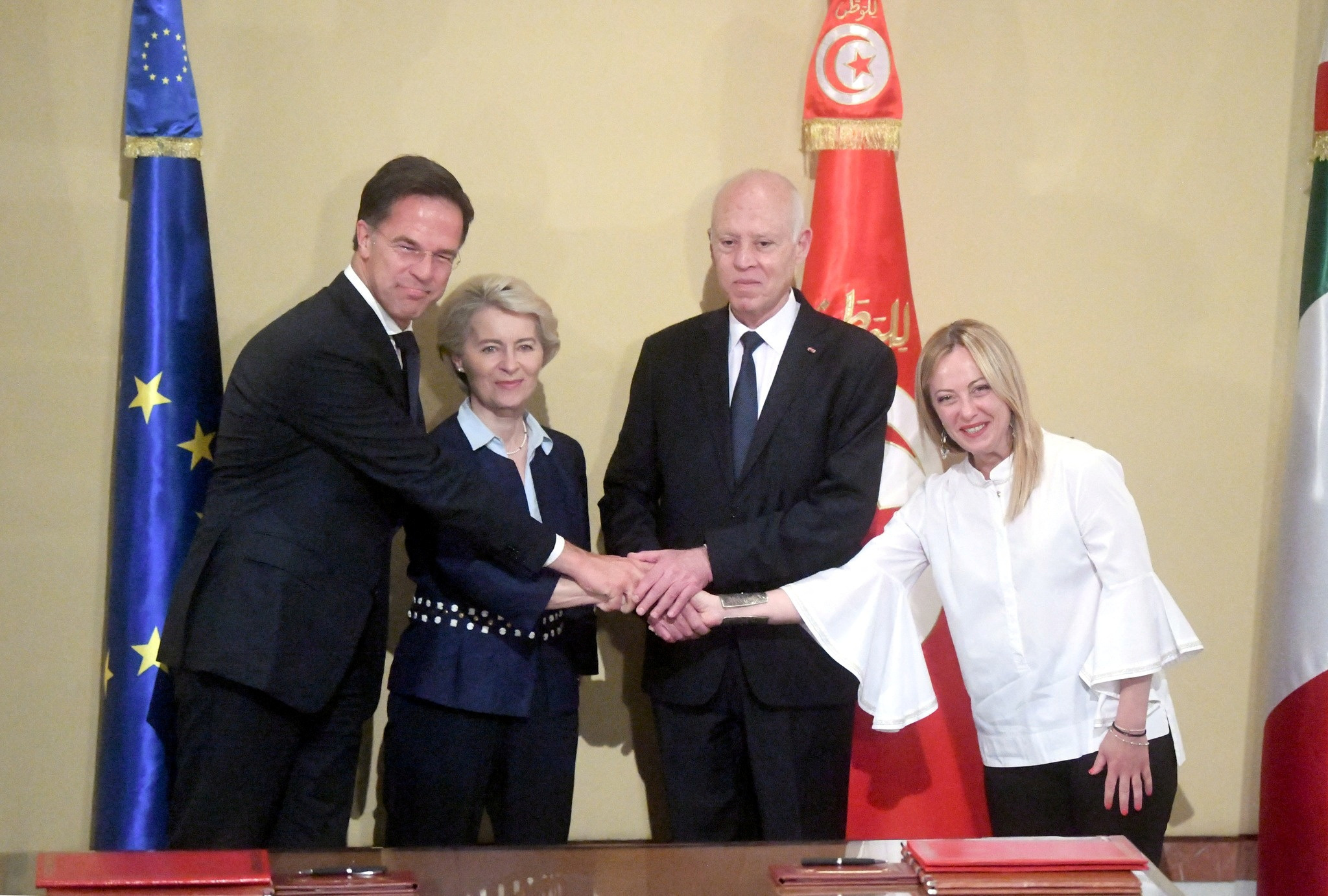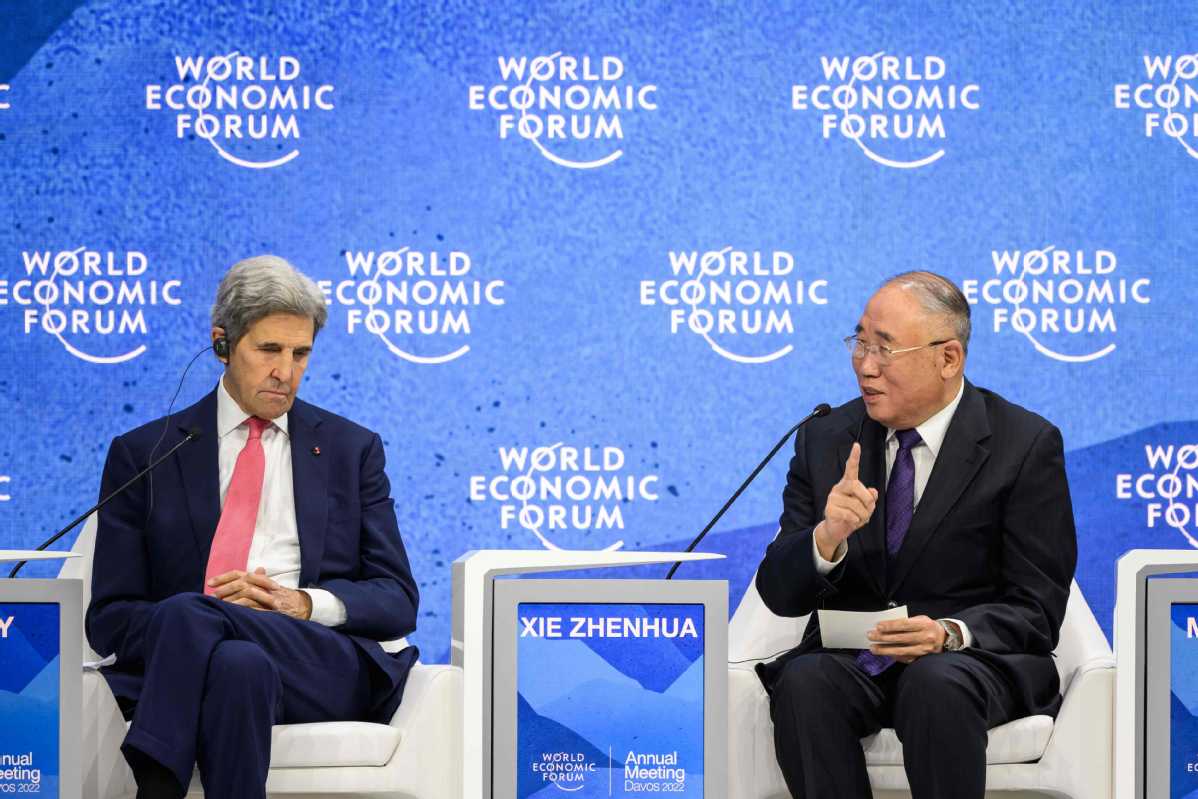Tunisia and the European Union have come together to sign a “strategic partnership” on Sunday, deal aimed at tackling the pressing issues of human trafficking and migration. This agreement follows weeks of negotiations and Europe’s commitment to providing substantial financial aid amounting to €1bn ($1.12bn) to support Tunisia’s struggling economy, stabilize state finances, and address the migration crisis. The agreement focuses on disrupting the activities of human smugglers, strengthening border control, improving registration and return procedures, and promoting economic reforms.
Combating Human Traffickers and Strengthening Border Control
The newly signed deal includes measures to disrupt the business model of human traffickers and curb their illicit activities. By enhancing border control, both Tunisia and the EU aim to deter irregular migration and protect vulnerable individuals from falling victim to human trafficking. Dutch Prime Minister Mark Rutte hailed the agreement as an essential step in bolstering efforts to halt irregular migration.
Financial Support and Economic Reforms
The European Commission has pledged to allocate €100m to Tunisia to combat illegal migration, providing vital financial support to address the pressing challenges. Additionally, the strategic partnership deal places emphasis on promoting macro-economic stability, trade and investment, green energy transition, and legal immigration. However, most of the financial aid is contingent upon Tunisia implementing necessary economic reforms.
Unprecedented Migration Crisis for Tunisia
Tunisia has recently experienced an unprecedented migration crisis, with thousands of undocumented African migrants converging on the city of Sfax, hoping to embark on treacherous journeys to Europe facilitated by traffickers. The situation has put immense pressure on Tunisia and necessitated urgent action from the European Union. Italian Prime Minister Giorgia Meloni expressed satisfaction with the partnership deal, noting its importance in addressing the migration crisis. She also announced an upcoming international conference on migration in Rome, which will include heads of state, including Tunisian President Kais Saied.
The “strategic partnership” deal signed between Tunisia and the European Union signifies a significant step in combatting human trafficking, strengthening border control, and addressing the migration crisis. The financial aid pledged by the EU, coupled with the focus on economic reforms, aims to alleviate Tunisia’s struggling economy and support the country in managing its migration challenges effectively. The collaborative efforts between the two parties are expected to lay the foundation for a comprehensive and integrated approach to addressing these pressing issues.
















